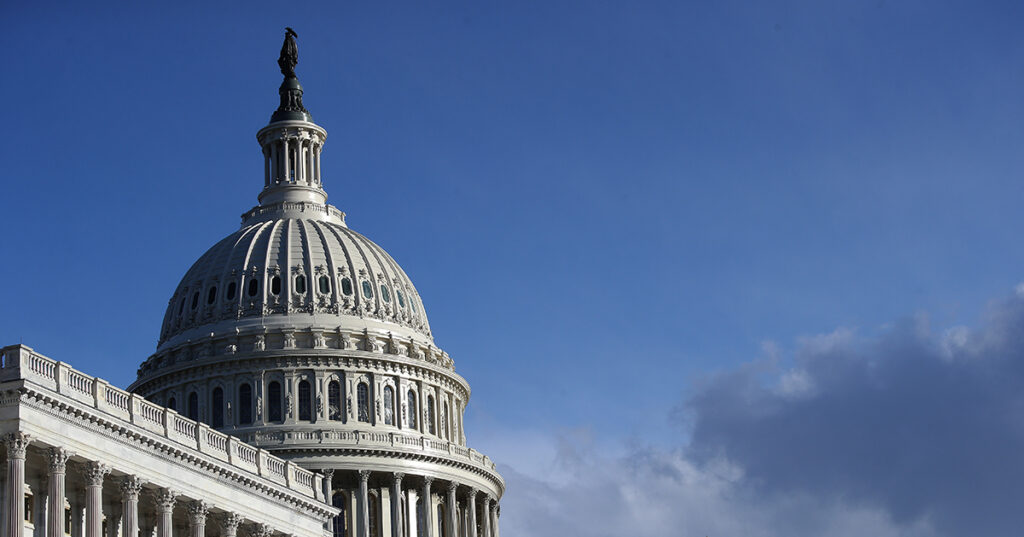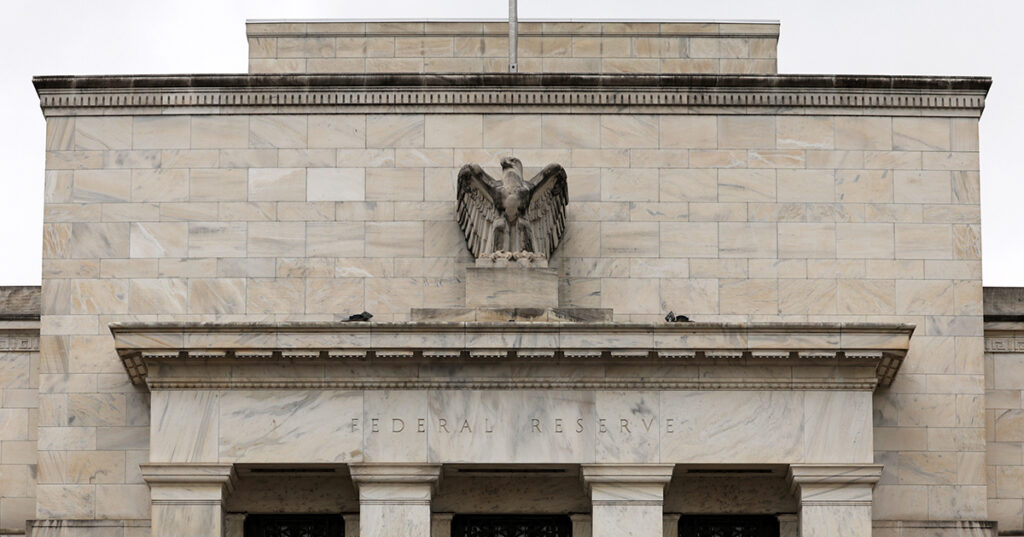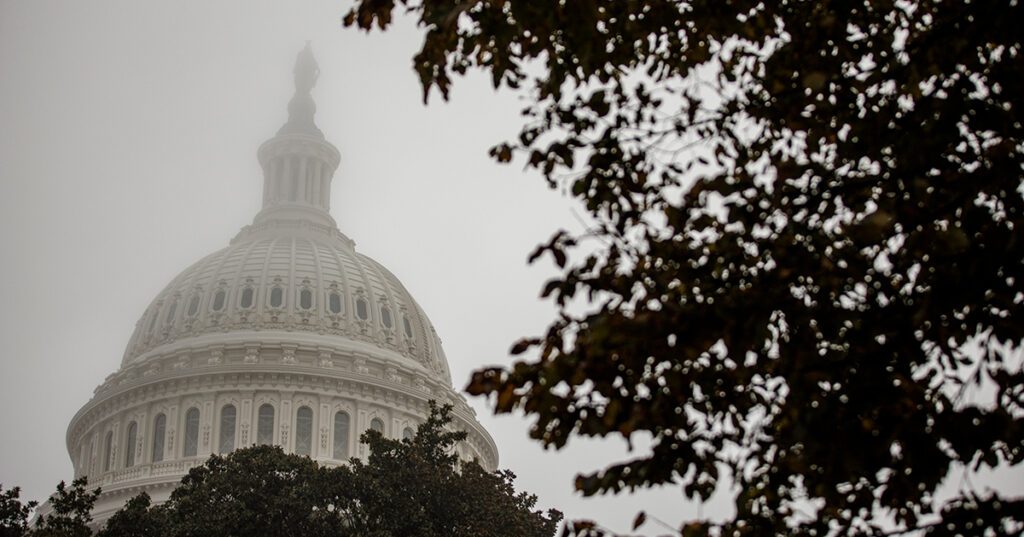Do Budget Caps Work? 6 Ways to Make Them More Effective
Lawmakers have previously implemented various forms of caps to restrain spending that have been effective at times
Read MoreStrengthening Medicare: Options to Increase Revenues
Most options to increase revenues relate to the payroll tax, since that is where most funding for the trust fund stems from today.
Read MoreStrengthening Medicare: Options to Reduce Costs
There are different ways to reduce Medicare spending, and any reform option that reduces Part A costs would help extend the longevity of the HI Trust Fund.
Read MoreBad Governance Could Be Making Our Debt Problems Worse
Governance issues can harm the U.S. economy, decrease the country’s standing in financial markets, and impact interest costs and the nation’s fiscal stability.
Read MoreHow Is the Debt Limit Deal Affecting a Potential Government Shutdown?
Fiscal year 2024 has already begun and lawmakers will need to find a permanent solution to continue funding government activities after the CRs expire.
Read MoreHow Do the House and Senate Appropriation Bills Differ?
The 12 annual appropriation bills are a key part of the annual budget process that lawmakers must enact to keep the government functioning regularly.
Read MoreRecent Economic Projections Show Higher Short-Term Interest Rates
CBO now expects that 3-month interest rates will peak at around 5.3 percent this year and only fall to 3.2 percent by the end of 2025.
Read MoreWhat the Fitch Downgrade Says about our Fiscal Challenges
Fitch Ratings recently downgraded the U.S. long-term credit rating from its top mark of AAA to AA+.
Read MoreSocial Security’s Funding Gap is 1.2% of GDP — Here’s How We Can Close It
Social Security is an integral part of the nation’s fiscal picture and a vital economic lifeline for millions of recipients.
Read MoreHow Can We Reduce Unnecessary Healthcare Spending in the US?
In 2021, health spending in the United States totaled $4.3 trillion and averaged nearly $13,000 per person.
Read More








